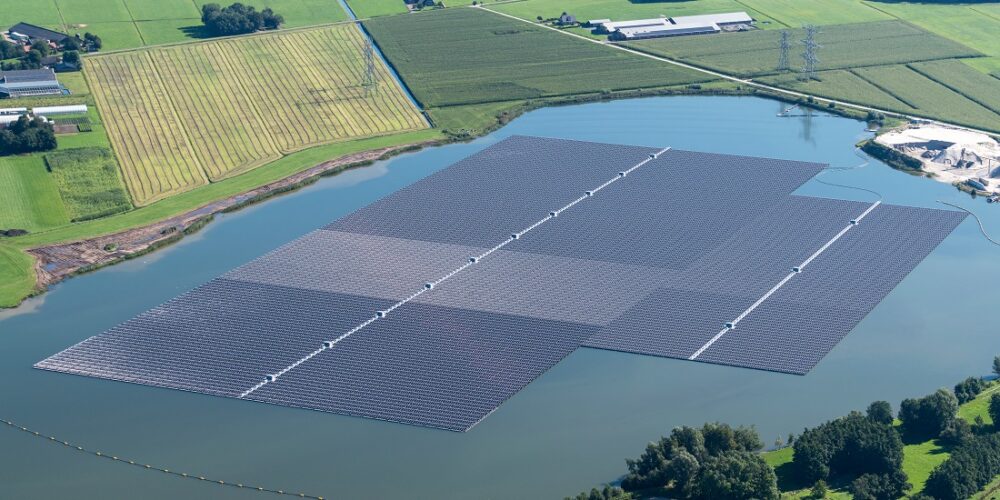The energy crisis that has gripped Europe is far from over. That makes it more important than ever to invest in renewables and energy efficiency, the European Scientific Advisory Board on Climate Change says.
The board, which is composed of 15 members from across the EU, released an 8-point list of recommendations for EU Member States on Tuesday.
“The energy crisis – and the policy responses to mitigate its impacts – pose both an opportunity and a risk for the EU’s transition towards climate neutrality. On one hand, it provides a strong rationale to accelerate energy savings and the deployment of domestic, clean energy sources in order to reduce our dependence on fossil fuel imports,” the board wrote. “On the other hand, there is also a risk that efforts to secure sufficient energy supply or soften energy prices through subsidies will delay the transition or even lead to long-term emission lock-ins.”
“With the price peaks and winter heating season almost behind is, the time is now to shift from crisis management to a more structural approach to tackle the crisis,” the board says.
Investing in fossil fuels a problem
Edgar Hertwich, International Chair in NTNU’s Industrial Ecology Programme and member of the board, says it’s particularly important to avoid investing heavily in fossil fuel related infrastructure, such as LNG (liquified natural gas) terminals.
There are long-term consequences of the actions we take now, in the short term
“If we are going to reach climate neutrality by 2050, as the European Climate Law specifies, we won’t need all these fossil fuels in the future,” he said. “So why are we investing in them?”
The challenge, of course, is that people want action now to help with sky-high energy prices, he says. Subsidies can be politically popular, but may not be the right choice.
“We acknowledge that there is a short-term shortage that people want to do something about. But at the same time there are long-term consequences of the actions we take now, in the short term,” he said.

Europe’s largest floating solar park was opened in Zwolle in the Netherlands in 2020. Europe must invest more in renewable energy if the region is going to achieve it climate goals and become independent of imports. Photo: Shutterstock, NTB
In Norway, for example, politicians have initiated a subsidy programme where if the average market price for the month exceeds a certain level, the government pays 90 per cent of the energy costs above this level.
The board acknowledges that politicians need to act, Hertwich says, but they must find the right balance.
“Bringing the prices down by providing support doesn’t really help because it is just trying to deal with the symptoms without addressing the causes behind them,” he said.
Reducing demand
The challenge, Hertwich says, is that reducing demand — which is an effective way to both cut energy costs for consumers as well as improving the ability of Europe to cut its carbon emissions — whether it’s by changing people’s behaviour or installing heat pumps — can take time.
Improving the energy efficiency of Europe’s housing stock is a critical long-term investment that will pay dividends long into the future, he said.
As painful as they are, higher energy costs can push consumers to invest in energy-saving measures that also save them money over the long run.
Even in Norway, where housing is somewhat more efficient than in much of Europe, there’s room for improvement.
“One thing that strikes me about Norway is that a lot of people are upgrading their homes without improving the energy efficiency,” he said. “And that is really a missed opportunity, because if you have craftspeople in your house anyway, adding a thicker layer of insulation doesn’t cost much extra.”
And as painful as they are, higher energy costs can push consumers to invest in energy-saving measures that also save them money over the long run.
“Suddenly there’s a huge market for heat pumps in Poland which wasn’t there before,” Hertwich said.
Source: norwegianscitech










